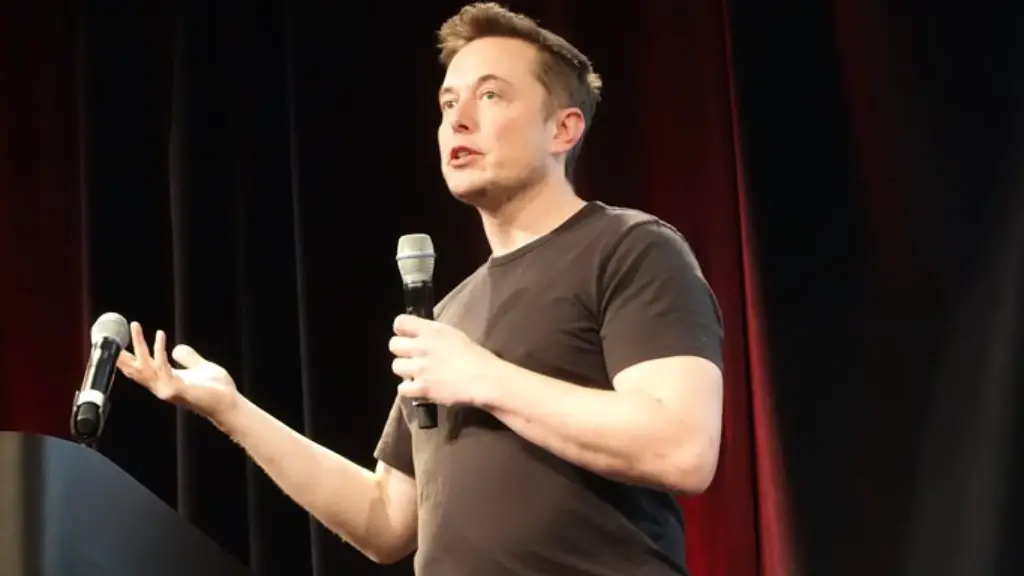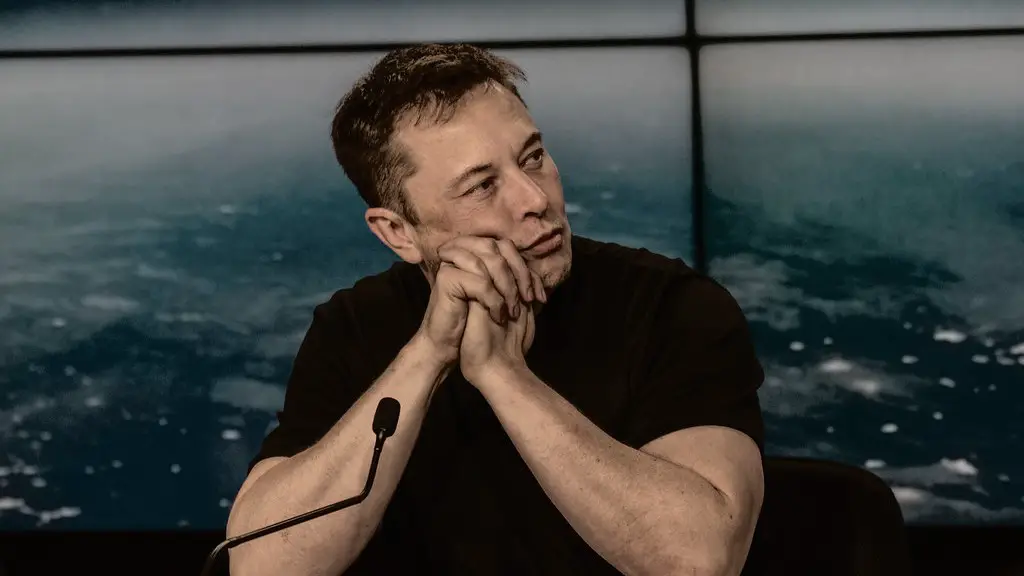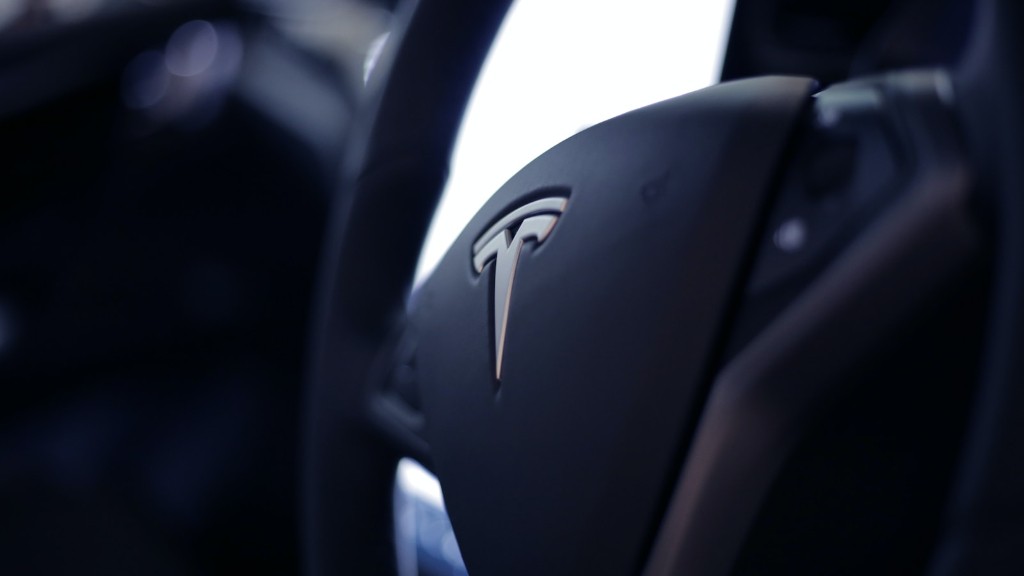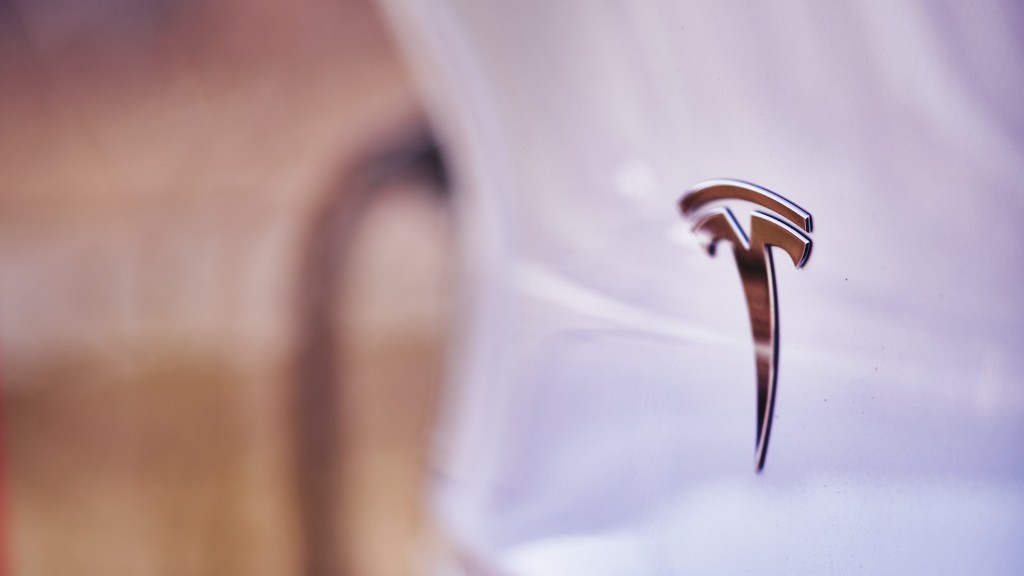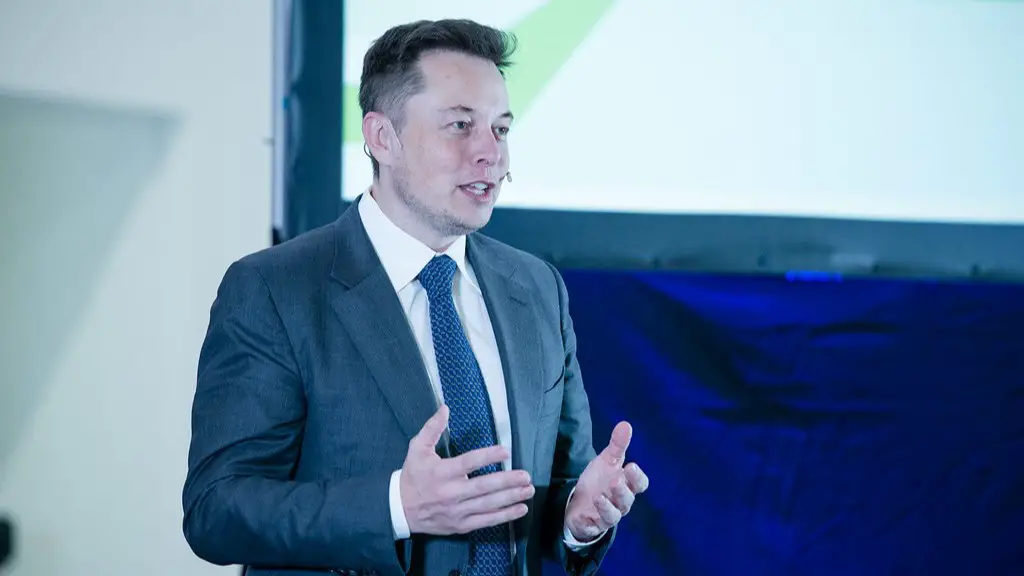Elon Musk is one of today’s most influential people, a business magnate and investor. But does he use Facebook?
Facebook, founded by Mark Zuckerberg in 2004, is one of the world’s most widely used social media networks, with millions of users around the world. It’s arguably the most important and most popular of the ‘Big Five’ tech companies, which also include Google, Amazon, Apple and Microsoft.
Despite its popularity and overwhelming reach, Facebook has been heavily criticized for its role in election interference, the spread of ‘fake news’ and data privacy issues. It has also been at the center of numerous antitrust investigations around the world, leading to an erosion of public trust in the social media giant.
Given this reputation and all the controversies surrounding Facebook, it’s no surprise that many people have questioned whether Tesla CEO Elon Musk uses the platform or not. After all, Elon Musk has been a vocal critic of Facebook and its founder Mark Zuckerberg.
So, does Elon Musk really use Facebook? It turns out, no, he doesn’t. In fact, he has been quite vocal in his dislike of the social media platform. And while he maintains a Twitter account, which he frequently uses to make announcements and share updates related to his business interests, he’s been very clear in his opposition to Facebook.
Back in 2018, Elon Musk made headlines when he tweeted “delete Facebook” in response to news of Cambridge Analytica’s misuse of user data. Since then, he has continued to express his dislike of the platform, often making light-hearted jabs and humorous remarks.
Musk’s views on Facebook go beyond the headlines and into deeper issues related to tech monopolies and the power of large companies to affect the lives of ordinary people. He has expressed concern about the company’s role in spreading misinformation and manipulating public opinion, as well as its potential for unmatched power and influence.
Musk’s Distrust Of Facebook
It’s clear that Musk has a deep-seated distrust of Facebook and its founder. He has been critical of Zuckerberg’s statements on the issue of social media regulation, and has even suggested creating a government body to oversee tech companies.
Elon Musk’s aversion to Facebook also appears to extend to other aspects of the platform, including its advertising model. He believes that Facebook’s data-driven, targeted advertising is a threat to both privacy and democracy. He has said that Facebook’s incentive structure places too much power in the hands of the company’s executives, which he believes is a serious risk to democracy and free speech.
Musk has also criticized Facebook’s lack of transparency around how it collects and uses user data. He believes that this kind of lack of oversight and accountability can lead to serious negative consequences for society.
Musk’s opinion of Facebook was encapsulated in one simple statement: “If you can’t trust the tech, you can’t trust the result”. This statement sums up the attitude that Musk has had towards the social media giant since its inception.
Implications On His Business
Elon Musk’s refusal to use Facebook hasn’t had any obvious implications on his business. Musk’s companies, including Tesla and SpaceX, rely on Twitter and other social media outlets to market their products, promote news, and share their messages.
Nevertheless, Musk’s aversion to Facebook and its data policies has led to a debate on the implications of tech giants like Facebook in our society. Musk is an advocate of meaningful regulation on tech companies, which he believes should be enforced by government bodies in order to protect individual privacy, democracy and free speech.
Musk’s position on Facebook has resonated with millions of people, many of whom made a conscious decision to completely delete their accounts in support of his stance. This is indicative of the power of Musk’s influence and his willingness to speak out against tech monopolies.
Conclusion And Viral Sensation
It’s clear that Elon Musk doesn’t use Facebook. He has been a vocal critic of the platform since its inception and his views on tech monopolies and the implications of unregulated data are well-known.
But despite his dislike of Facebook, Musk has become an influential figure who has used his influence to raise awareness and speak out against the potential threats posed by data driven technology. His stance on the issue has become an international talking point, as more people take notice of the dangers posed by tech giants like Facebook and the need for meaningful regulation.
The Impact On The Tech Industry
Elon Musk’s aversion to Facebook has had an undeniable impact in the tech industry. His vocal criticism of the platform and its policies have drawn attention to the need for tech regulation and have sparked a debate among tech companies, users and governments.
The attention that Musk’s statement has generated has put the spotlight on tech monopolies and their effects on individuals and society. His call for meaningful regulation has prompted a number of governments to launch their own investigations into the unregulated use of user data.
What’s more, Musk’s statement has been a wake-up call to tech companies and users alike, as they have become increasingly aware of the potential implications of data-driven technology. This awareness has also resulted in a surge of public opinion against the unregulated use of data.
The Influence On Society
Elon Musk’s stance on Facebook has had a significant influence on society. His opinion, which resonated with millions of people, has sparked a discussion on the impact of tech monopolies and the importance of meaningful regulation. This, in turn, has seen an increase in public awareness and an increased demand for tech regulation.
It has also sparked a debate among tech companies and governments around the world, with countries such as the United States, United Kingdom and Australia implementing stricter regulations on tech companies. This has resulted in the tech industry being held to higher standards and the public being better informed about the implications of data-driven technology.
Moreover, Musk’s stance on Facebook has set an example for other tech giants, prompting companies to review their policies and practices in order to comply with data regulation. This has had a ripple effect throughout the tech industry, with companies like Google, Amazon and Apple being put under the spotlight.
Legacy For Future Generations
In the end, the legacy of Elon Musk’s stance on Facebook is likely to be felt for years to come. His statement has opened up a discussion on the implications of data-driven technology and the need for meaningful regulation. This, in turn, has prompted an increased focus on tech regulation and prompted tech companies to review and adjust their policies and practices.
What’s more, his opinion has also sparked a shift in public opinion about tech monopolies, with people becoming more aware and more vocal about the need for regulation. This increased awareness is likely to have a lasting effect on how society views technology, and how it is used and regulated in the future.
